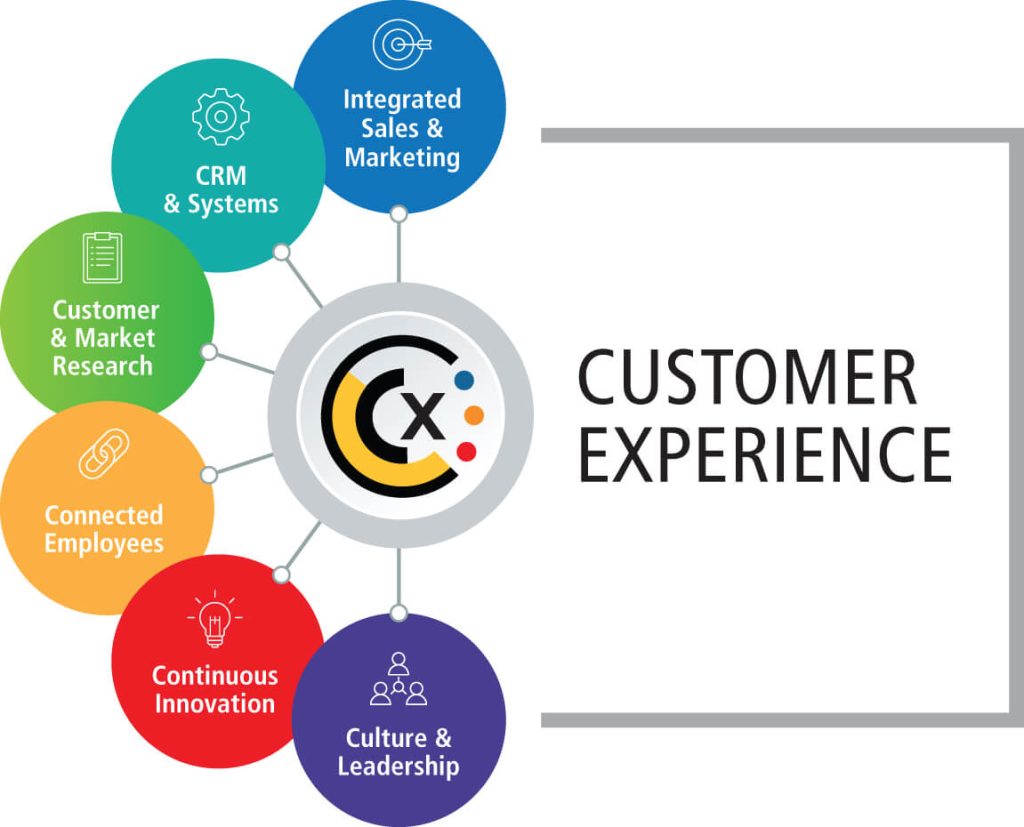A successful holistic approach to customer experience

The multibillion-dollar metalworking and industrial supplies distributor is building out integrated sales, marketing and service operations to improve customer experience and conversions across channels.
MSC Industrial Supply Co. has long focused on a holistic digital commerce strategy backed by a digital technology platform that has put its ecommerce sales at close to $2 billion, more than half of total sales.
The strategy has worked well. In MSC’s most recently reported financial period, the fiscal second quarter ended Feb. 26, 2022, ecommerce sales increased 14.2% from the same prior-year period to $523.2 million, as total sales gained 11.4% to $862.5 million.
That put ecommerce sales including transactions through MSCDirect.com, vendor-managed inventory, internet-connected vending machines, and EDI at 60.7% of total sales, up from 59.2% a year earlier. For years, MSC has posted steady increases in both ecommerce and total sales, with ecommerce typically running at about 60% of total sales.
Now the distributor of metalworking and industrial products is raising the bar further to bring cross-channel customer experience to a new level, Faisal Hussain, vice president of ecommerce, and Mark Pickett, vice president of cross-channel growth, said in an interview.
In effect, MSC is expanding on its customer-focused digital experience by hiring an extensive team of subject matter experts, developing a culture of focusing on the customer journey, and deploying the tools to monitor and analyze the customer experience.
This comprehensive digital approach follows an “agile” development strategy, where MSC will adjust technology based on what it learns about how better to connect with customers.
In the past year, that scientific approach led to a critical improvement on MSC’s flagship ecommerce site, MSCDirect.com. The company replaced its legacy site search with one built with artificial intelligence and machine learning technology. The new site search is designed to constantly measure the tool’s ability to present relevant results that convert customers to buyers and generate revenue.
MSC is upgrading its legacy ecommerce technology, which is based on a monolithic WebSphere Commerce platform, with APIs to make it easier and faster to deploy additional features designed to improve customers’ buying experience.
The company’s building its own APIs and microservices to make its business more nimble and better able to serve its customer experiences and journeys better.
A new carting and checkout system is planned for next year. MSC is also working with an API-based commerce software developer, to develop an ecommerce mobile app.
The new agile, API-based infrastructure will enable the company to make “iterative changes every two weeks, or every week in our smaller features” instead of taking months under the legacy technology. “We’re placing ourselves in a way where we can make these changes much faster, and we can respond to the market needs.” Eventually, MSC will completely replace the WebSphere platform with hybrid of commercial and in-house technology, he added.
Operating in an agile technology development environment responsive to changing markets also extends to MSC’s marketing operations. This strategy helps MSC quickly update marketing campaigns with new collateral and digital enhancements to market new products and offers more effectively.
Since the API infrastructure also fosters more effective data sharing among ecommerce and marketing applications, it is also fostering bet ter flow of customer information in customer service.
MSC recently deployed the Salesforce Marketing Cloud, which is designed to capture digital signals from any venue where a customer interacts with the MSC brand, such as through online ads, product videos, or webinars. This helps MSC to understand customers’ interests and their preferred customer experience.
In addition, MSC is deploying Google Marketing Platform, which complements the Salesforce technology with analytics and tools for measuring the performance of marketing content. Google’s suite includes Google Analytics and Display & Video 360 for managing video campaigns like MSC’s Tooling Up product demonstration videos on YouTube.
The company team is going to pay more attention to video advertising this year, as they have very rich content, and market it more effectively.
Along with other developments in ecommerce technology and customer service, the company’s expecting to see a much more enhanced integrated and woven experience with customers.